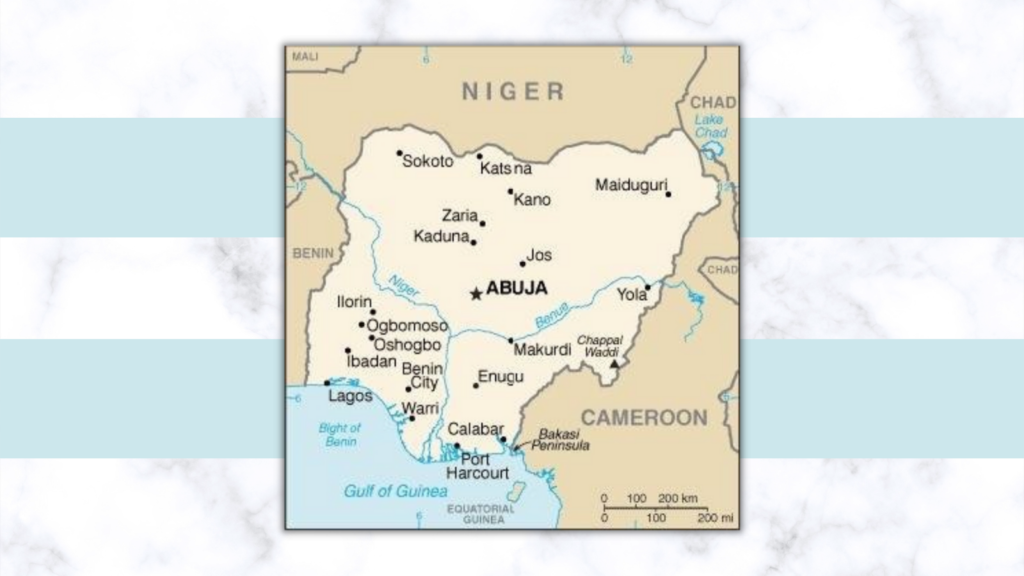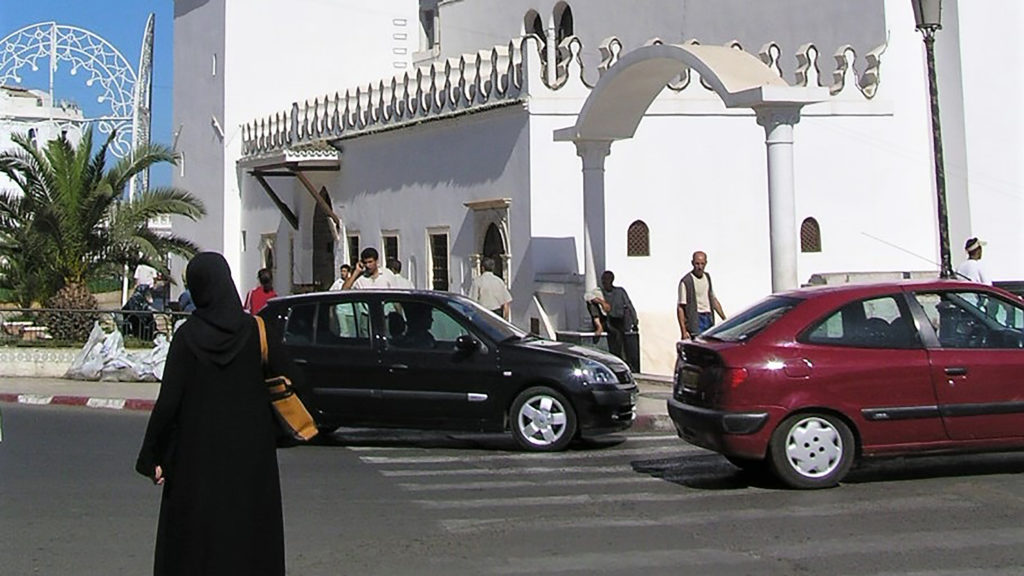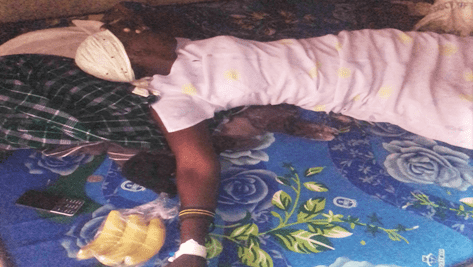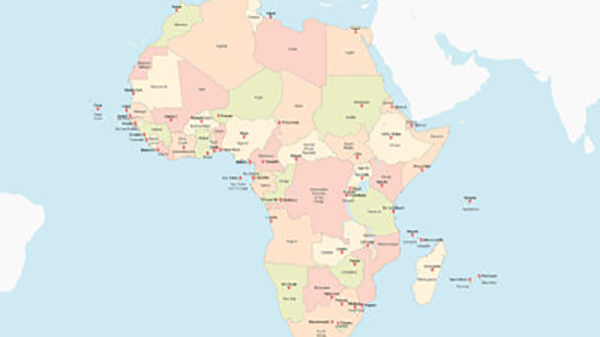The 18-year-old high school student escaped from Boko Haram with her life, but she’s feeling sharp loss.
One of more than 300 girls kidnapped by the Islamic extremist group on April 15 from Government Girls Secondary School in Chibok, in Nigeria’s northeastern state of Borno, Patience (last name withheld for security reasons) indicated she is deeply troubled by the captivity of her best friend and others.
“I have lost all my books, clothing and other valuables,” she said of the Boko Haram raid that began late at night April 14. “But all these are not important now. I miss all my friends and schoolmates and will like to plead with the gunmen to release them.”
A member of the Church of the Brethren in Nigeria, Patience was one of 57 girls who escaped after Boko Haram rebels, who seek to establish a strict version of sharia (Islamic law) throughout Nigeria, herded the girls, most of them Christians, onto trucks at gunpoint.
“They wore military camouflage, and we thought they were soldiers who had come to assist us, but we later realized that they were Boko Haram gunmen,” she said. “Having set fire on the school buildings, they moved us under a big locust bean tree and forced us to enter some trucks they brought with them. They asked us all to either enter the trucks or we get killed. We were all scared and had to enter the vehicles.”
After about 30 minutes, three of the nine trucks began to break down, she said. They tried to force the girls from the faulty trucks onto the others and set the three broken ones ablaze, but those in the overflow were forced to walk alongside the convoy.
“They [Boko Haram] moved on with us until we got to a village there in the bush, where they stopped,” Patience said. “Our colleagues who were forced to trek had meanwhile covered more than 20 kilometers [12 miles] on foot.”
When the vehicles stopped, Patience decided to make her move.
“I jumped out of the vehicle and hid myself under a thorn bush close by the vehicle tracks,” she said. “When I jumped out of the vehicle, I could no longer move my legs as I was injured. So, I dragged myself on my stomach and hid under a thorn bush.”
Following her lead, her friend Parmata also jumped out of the truck. Because of the noise of the trucks, Patience was able to call out to her unnoticed, and under the cover of darkness her friend was able to run and join her under the bush.
“We saw the gunmen pass the thorn bush where we hid ourselves, but they could not see us,” Patience said. “We hid ourselves under the thorn bush until daybreak at about 6 a.m., when my friend decided to move out to find help since I was unable to walk because of my injured legs.”
At length her friend chanced upon a nomadic ethnic Fulani cattleman.
“The Fulani man brought his bicycle and carried me on it, while my friend trekked along until we finally met with some parents from Chibok who had been in search of us,” Patience said. “And one of the parents from Chibok who had a motorbike was asked by others with him to convey me and my friend back to Chibok, while the other parents continued on the trail of the Boko Haram gunmen.”
She named several classmates and friends still captive, adding that most did not appear in a video recently released by Boko Haram.
“I saw only two of these my friends in the video recently made public by Boko Haram,” she said. “But some of the faces I saw in the video clip were not known to me, even though there were others that were our schoolmates that I could recognize.”
The video purports to show the kidnapped girls reciting the Koran, but some parents of the kidnapped students were unable to identify their children in the video, a source said. Adeniyi Ojutiku, co-founder of Lift Up Now, which addresses needs in his homeland of Nigeria, said that many of the girls in the video were reciting the Koran in a skillful way that would not be possible for Christians forced to learn the verses.
Chibok community leader Pogu Bitrus has told reporters that 57 girls escaped, leaving an estimated 272 still held. (MS)





Share with others: